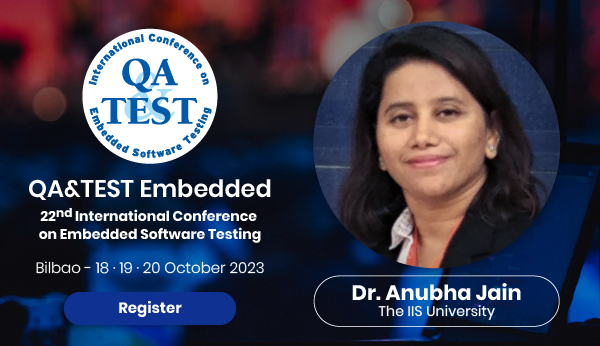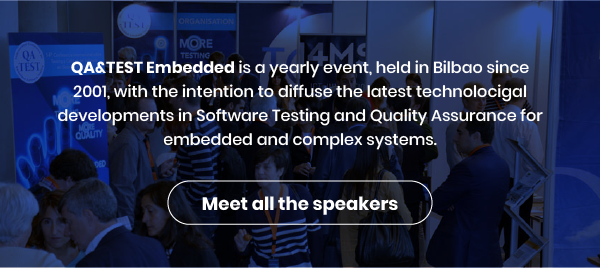|
|
How to measure the "Greenness" in Green IoT |
Green IoT, an emerging technology that integrates environmental sustainability and energy efficiency with the Internet of Things (IoT), holds great potential in revolutionizing our interaction with the environment and reducing our ecological footprint. However, to fully leverage the advantages of Green IoT, it is essential to assess its "greenness" and evaluate its environmental impact. Measuring the environmental impact of Green IoT requires a comprehensive approach that takes into account various factors, including energy consumption, environmental consequences, and user satisfaction. This involves defining and monitoring key performance indicators (KPIs) that can gauge the system's energy efficiency, environmental sustainability, and overall effectiveness. These KPIs encompass a range of metrics, such as power consumption, network performance, environmental conditions, system efficiency, and user satisfaction. To measure the greenness of Green IoT, it is important to employ appropriate testing techniques and tools. This can involve utilizing energy profiling tools to track the system's energy usage, simulating diverse usage scenarios to evaluate performance under different conditions, and conducting user testing to assess usability and effectiveness. In conclusion, evaluating the environmental impact of Green IoT is a crucial step in ensuring its long-term success and sustainability. By adopting a holistic approach and employing suitable testing techniques, we can assess its influence on the environment and make informed decisions that promote energy efficiency, environmental sustainability, and user satisfaction. Anubha Jain Dr. Anubha Jain is working as a Director, School of Computer Science & IT, The IIS University, located in Jaipur, India. An academician for the last 22 years, she has actively contributed in teaching, industry and R&D. She completed her PhD in the field of Information Retrieval and Information Architecture. Her research interests include Soft Computing, Computational Studies, Deep Learning and Software Engineering. She has authored nine books and published a number of papers at national as well as international level. She is a reviewer for many journals and leading book houses and is associated with different academic bodies in diverse capacities including being the convener of Board of Studies, member of Academic Council, Curriculum Committees, etc. She is one of the speakers at the International speakers' bureau, Green Software Foundation. She is a regular speaker at QA & Test and was invited speaker to present her paper on "Green IOT – towards a sustainable, smarter and safer world" in 2022, "Searching Lost QA in DevOps World" in 2018 and "Internet of Things – Testing the Experience" in 2016. |

|
|
|
|



